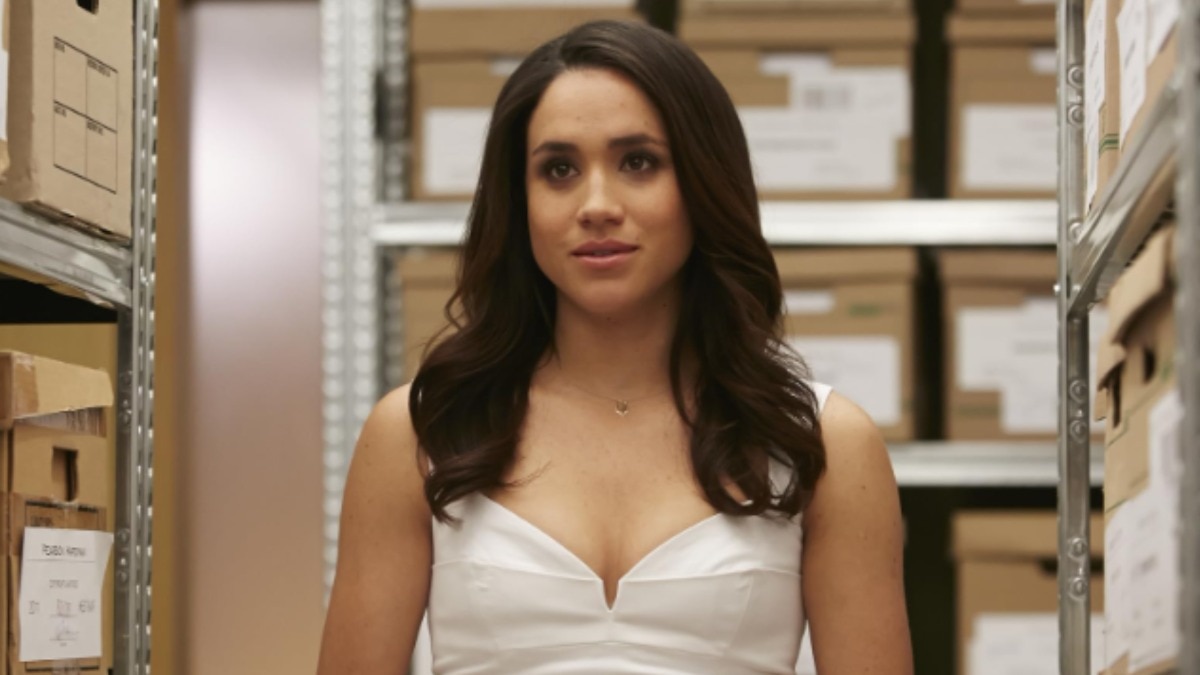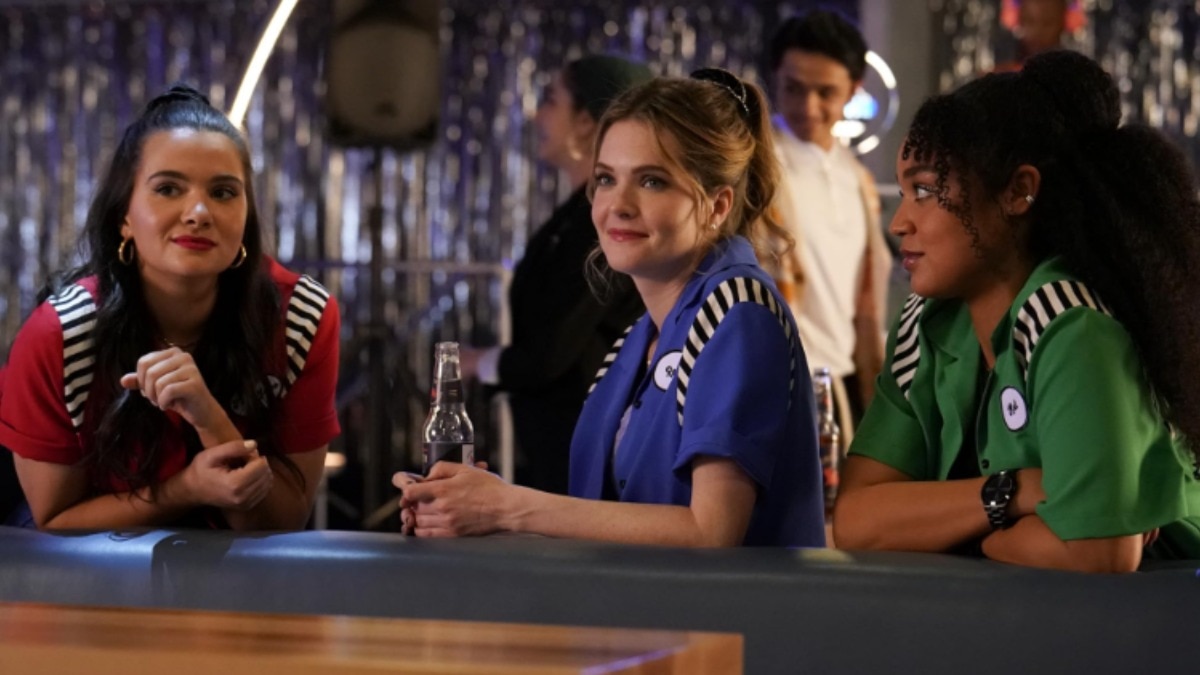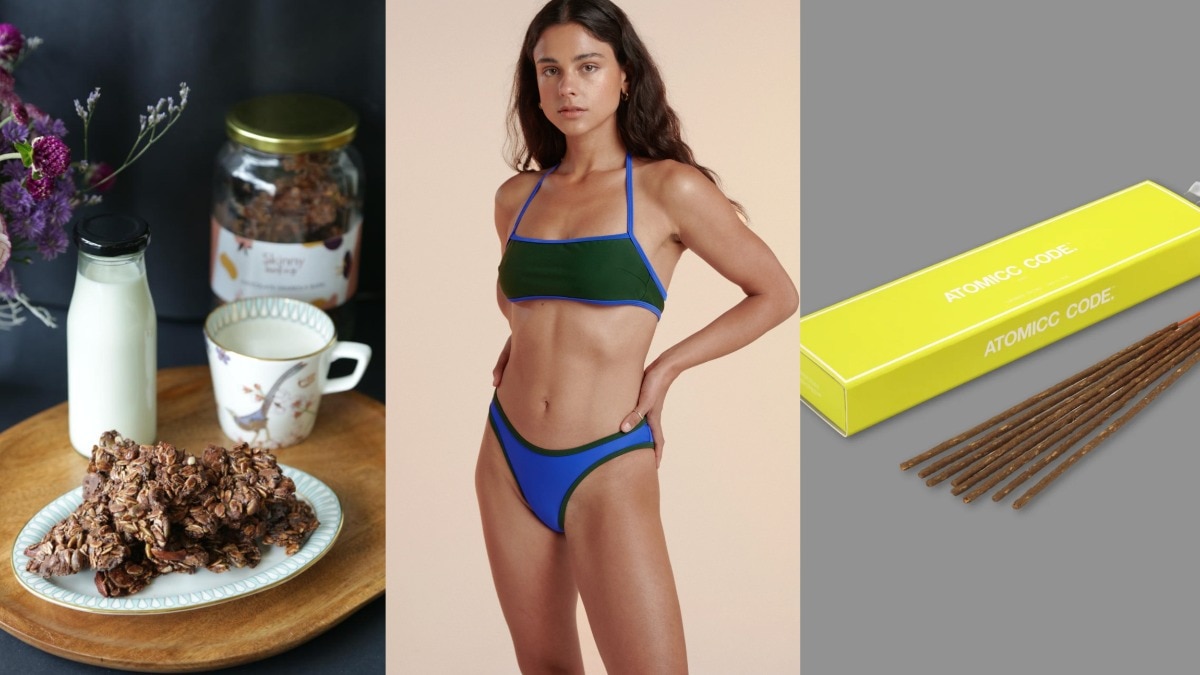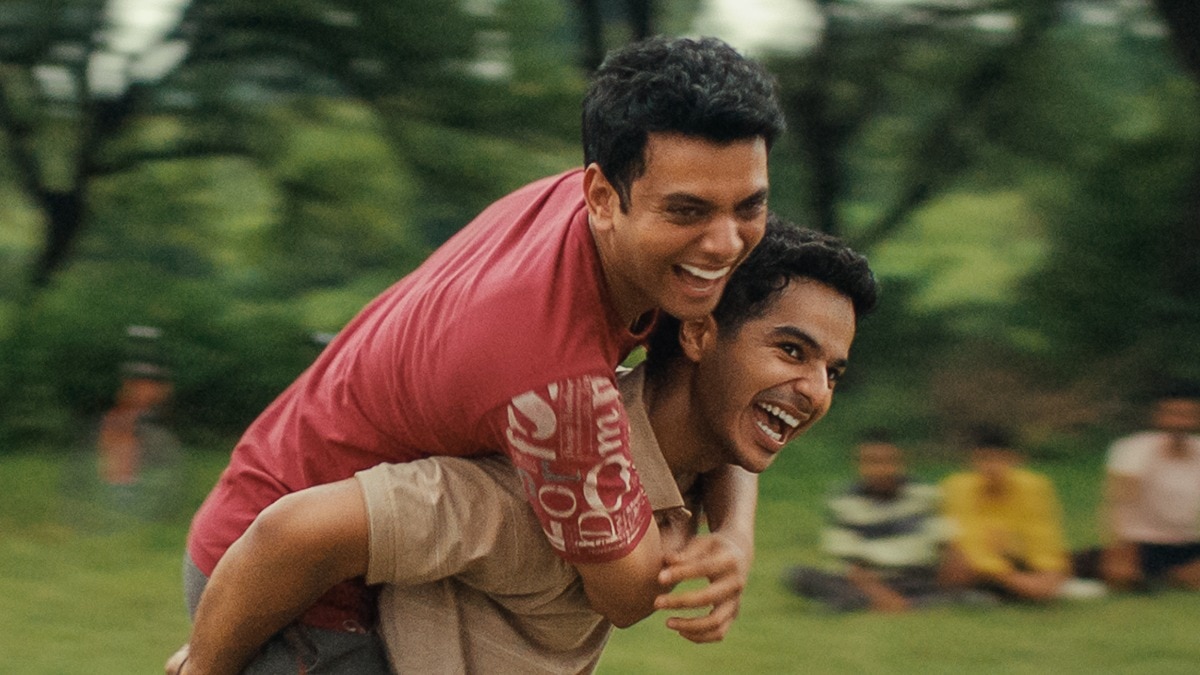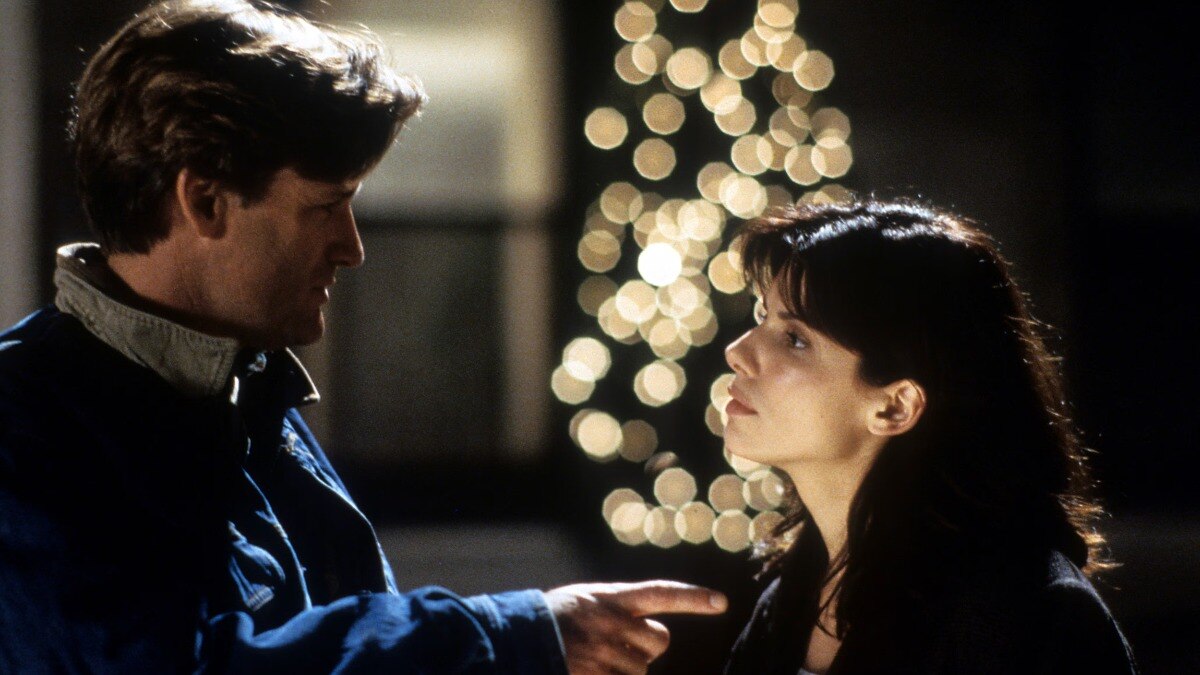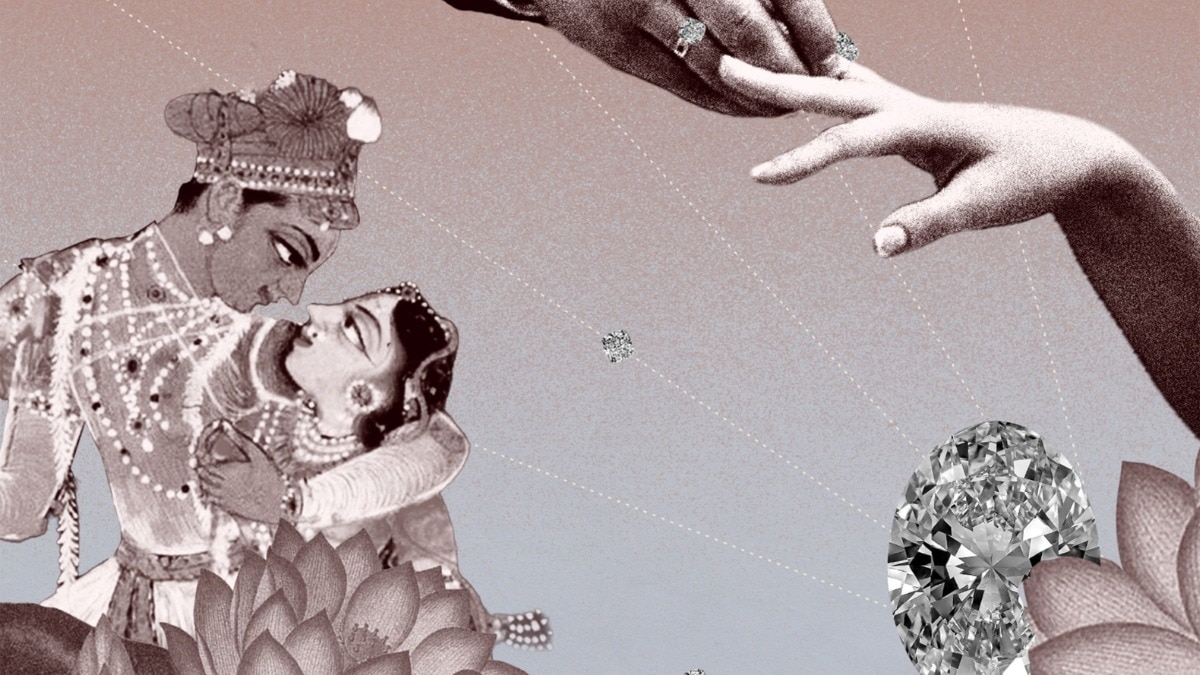5 poets tell us how poetry has helped them redefine what it means to be a woman
The journey of words through vulnerabilities, insecurities and more.


You may write me down in history,
With your bitter, twisted lies,
You may trod me in the very dirt
But still, like dust, I’ll rise.
An extract from Maya Angelou’s Still I Rise.
It seemed fitting, compelling and nearly inevitable to begin with these words by Maya Angelou. Poetry means different things to different people. Most often, it is an exploration and an expression of oneself through their deepest emotions, thoughts and feelings. A few weeks ago, my mother, who, off late has been taken in by the world of Instagram poets, convinced me to attend a women’s special poetry reading. I didn’t think too much of it until the evening itself, but when I was met with the dimly lit auditorium, and the soft whispers of the new-age poetry adoring audience, a wave of curiosity came over me. A musician played the guitar softly in the background, as each poet, artist, writer—woman took centre-stage to share the poetry that they had written about their inspirations, their exploration of femininity, and even about past experiences that shaped them.
Tears rolled down my face for I had never felt so understood before. Their words that were coupled with subtle rhyming schemes and a voice of passion, made it all the more impactful. I realised that this helped me understand my sense of self, my mind, and my body in ways that I had never imagined knowing and exploring. As I left the auditorium that night, I couldn’t help but think about how poetry, in all its soft yet romantic prowess was a deep dive into the many facets of the female form.
At a time where our attention spans over a few seconds of a reel, poetry is taking a new form, through the spoken word. We spoke to five female poets of today, about how poetry has helped them redefine what it means to be a woman and express it to the world.
Karuna Ezara Parikh
Author of The Heart Asks Pleasure First and Where Stories Gather tells us how poetry helped her explore femininity in all forms. “Poetry has most helped me explore my sense of self, femininity and feminism. It's the only way I know how to process my inner self. All the darkness and mess there—writing is the only way to untangle it. Poetry has to be honest, else it's useless. When you're that honest, something happens—masks fall away. Feminism is of course seen as this hard thing, unlikeable, and unfriendly. But I find it interesting to use something as soft (yet slicing) as poetry to talk about something necessary—not just for women, but for society,” she says. And sharing it with the wide world of social media seemed inevitable and even desirable. “It was only natural that poetry would find its place in the world of social media. The fact that this space has led to such a revival of poetry, and an interest in it, is a testament to the magic and malleability of poetry. That it really is for everyone. That it resonates.”
Taranjit Kaur
Actor and poet Taranjit Kaur, gave us a glimpse into her own life experiences that shaped her understanding of femininity and how poetry helped her explore unknown nuances. “I grew up in a much smaller city called Chandigarh, compared to Mumbai where I live now. The kind of restrictions we had as young girls growing up in North India were blatant. Yet, I could never understand this difference of treatment between girls and boys. Most of that finds expression in my poetry now. Through poetry I not only explore a new and different side of me but also the universe itself. I have always been an introvert and find it difficult to talk to strangers. But I can express my inner most thoughts and desires through poetry as well as raise questions that might make people uncomfortable or make them introspect,” she says. Her poems such as I am not a virgin questions the need to define virginity for a woman but not a man. Love, Sex, Soprano speaks of female sexual desires within an overpowering patriarchy. But when someone sitting in Srinagar or Germany listens to a poem and shares it with others, it’s “overwhelming,” to say the least.
Vanika
She goes by the Instagram name Caira, but she’s unapologetically, Vanika (as reads her bio). For her, poetry has helped her through it all. “Poetry helps me connect with myself, helped me realise certain emotions, identify my trauma and helped me accept the problems that I’ve gone through or am going through. Poetry has helped me accept myself, understand myself, my body and my body type. It has helped me connect the dots, resolve problems and given me the space to think before I act,” she says. While speaking about exploring the different nuances of femininity, she says, “Most of the times, things such as femininity and emotions are not embraced. But to embrace love, kindness, sensitivity, is extremely important and to be able to pen them down makes me feel it more.” She shares them on social media for the same reason. “I think poetry is a saviour. Everyone needs a little bit of poetry and love in their lives. When I started, it was very difficult for me to figure out a form to communicate it better, but with social media it’s easier for me to talk about the things I am feeling. When your poem has character, it reaches more people, it touches more hearts. I’ve always written about things I am feeling and I write about what is relevant to me and when I share it I feel like there are so many people who feel the same. It feels like a hug.”
Priya Malik
Poet Priya Malik, explores the depth of femininity through her poetry. She wouldn’t have it any other way. “Poetry has helped me explore femininity in its most powerful yet in its most vulnerable form. I identify with that as a poet. The idea of being unabashedly in love, the idea of talking about things which are close to my heart such as love and relationship, feminism and other social issues that I strongly resonate with. It has helped me communicate all of that to the rest of the world. It has helped me connect with the divine feminine within me,” she says, “The idea of taking a poem form page to stage has not just helped me understand myself better but it has also helped me evolve and grow as a human being and that transition can be seen in my previous work and what I talk about now. You will see transition, you will see growth, you will see evolution of ideas, thoughts and it is also experimentation of my art form.”
Like for Malik, poetry has helped so many others evolve in their beliefs and ideas. It is this evolution of ideas that Malik is keen on sharing with the world. “I want to write something that is worth for the upcoming generations to read or resonate with or relate to and then once in a while you get such validation on social media that there is a whole genre out there that has been sparked in the form of spoken word for people who always ran away from classical poetry or shayari are certainly back into because we present it in a more palpatable format.”
Helly Shah
For Helly Shah, self-doubt often clouded her judgement and perception of herself. “With the world constantly questioning your abilities as a woman, a big challenge is that it has often made me question my own abilities. I believe the biggest struggle with exploring your femininity is when you start to look at yourself the way that society looks at you. Poetry, both reading and writing it, has helped me fight this constant sense of self-doubt and fear of judgement. I find strength and solace in the works of other female writers and approach my own poems with a sense of hope and courage.” Poetry for her has been a safe space—it’s been home. “I have always found poetry to be a safe space for complete expression of all versions of myself. It has allowed me to be vulnerable and to explore parts of myself through the process of unravelling my emotions. In fact, the first time I ever wrote a poem at the age of 10-11, it was purely to understand and express how I was feeling.”

